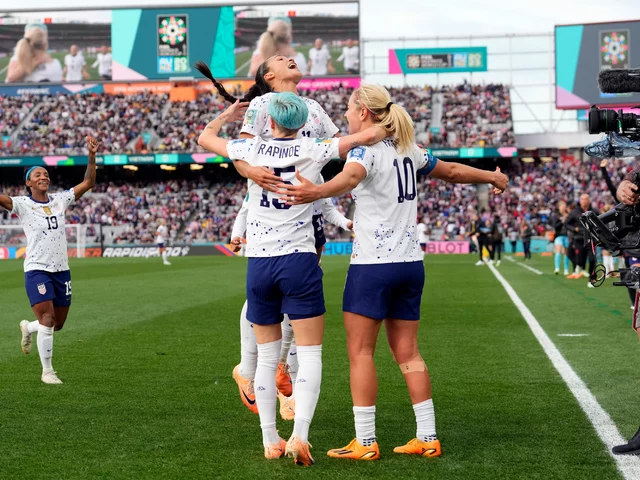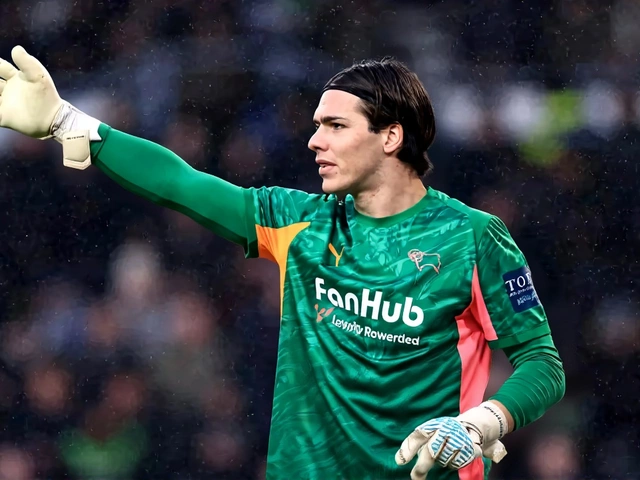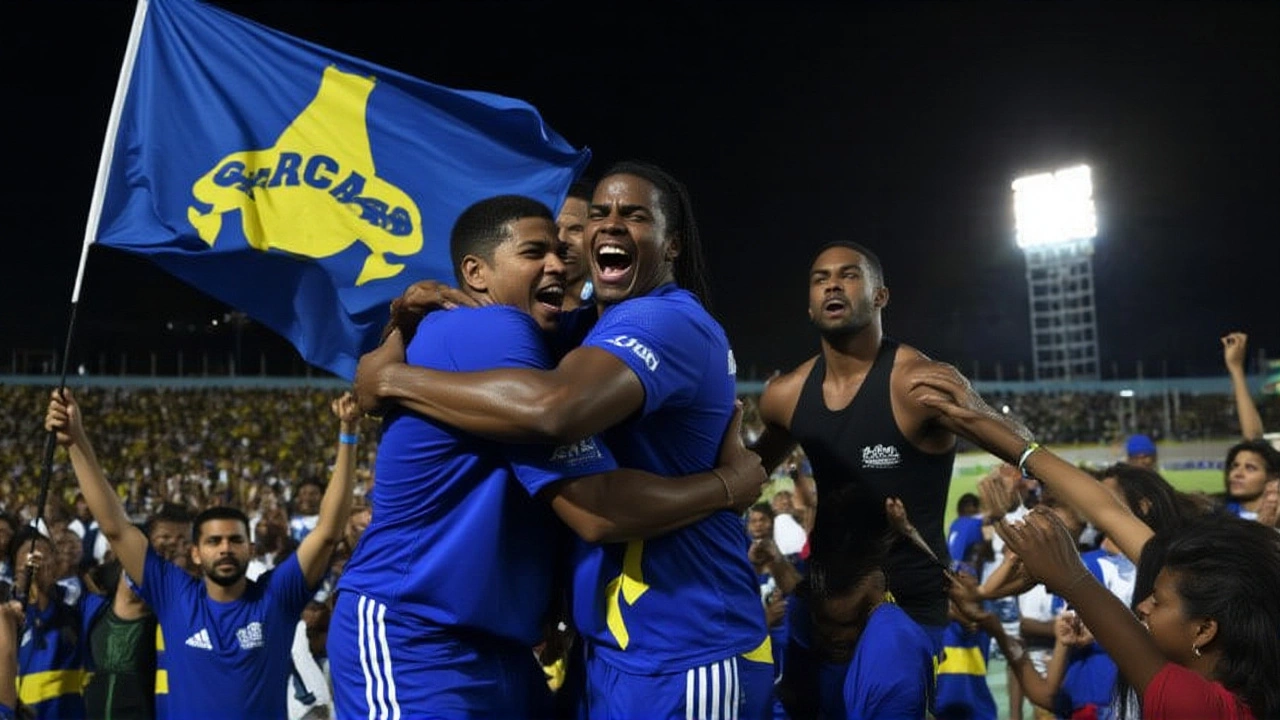
On October 10, 2025, a tiny island nation with fewer people than many U.S. high schools did the impossible: Curacao punched its ticket to the 2026 FIFA World CupUnited States, Canada, and Mexico — becoming the smallest country ever to reach the men’s tournament. The final whistle blew at 90'+10' in Curaçao, where a 2-0 win over Jamaica sealed their place in history. Not with a roar, but with quiet grit. No stars. No budget. Just 160,000 souls believing they belonged on football’s biggest stage.
A Nation That Refused to Be Ignored
Curacao’s qualification wasn’t a fluke. They finished the CONCACAF Third Round with a perfect record: 3 wins, 3 draws, 0 losses. Twelve points. A +10 goal difference. While Jamaica fought hard — finishing second with 11 points — it was Curacao’s consistency that stunned the region. They didn’t blow teams away. They ground them down. Drew 0-0 in Trinidad. Won 2-1 in Bermuda. Held their nerve when it mattered most.
The match that clinched it featured Jayden Candelaria (No. 13), Riechedly Bazoer (No. 24), and Leandro Merencia (No. 22) — players who split their time between European lower leagues and homegrown talent. Kevin Felida (No. 21) anchored the defense. No one on the roster plays for a top-5 European club. Most have never set foot in a World Cup stadium. Yet here they were, lifting their arms as the final seconds ticked away.
The Confusion in Kingston
Here’s where it gets messy — and strangely human.
While ESPN reported a 2-0 Curacao win in Willemstad, CBS Sports and CONCACAF’s own YouTube highlights showed a 0-0 draw in Kingston, Jamaica — where Curacao still qualified because of their superior point total. The video reports describe a dramatic scene: Jamaica’s John Russell sent off in the 88th minute for a second yellow. Shamar Nicholson hitting the crossbar. A header from Cphus that barely missed. The commentator on CBS Golazo asked, “Will Kurasau join the likes of Uzbekistan, Jordan, and Cape Verde?” — naming other small nations who’ve made it before.
But here’s the twist: it doesn’t matter. Whether they won 2-0 at home or drew 0-0 away, Curacao had already mathematically secured top spot before the final whistle blew in Kingston. The ESPN report was accurate for the match that sealed qualification. The Kingston game? A ceremonial finale. The result didn’t change history — it just made it more complicated. And more beautiful.
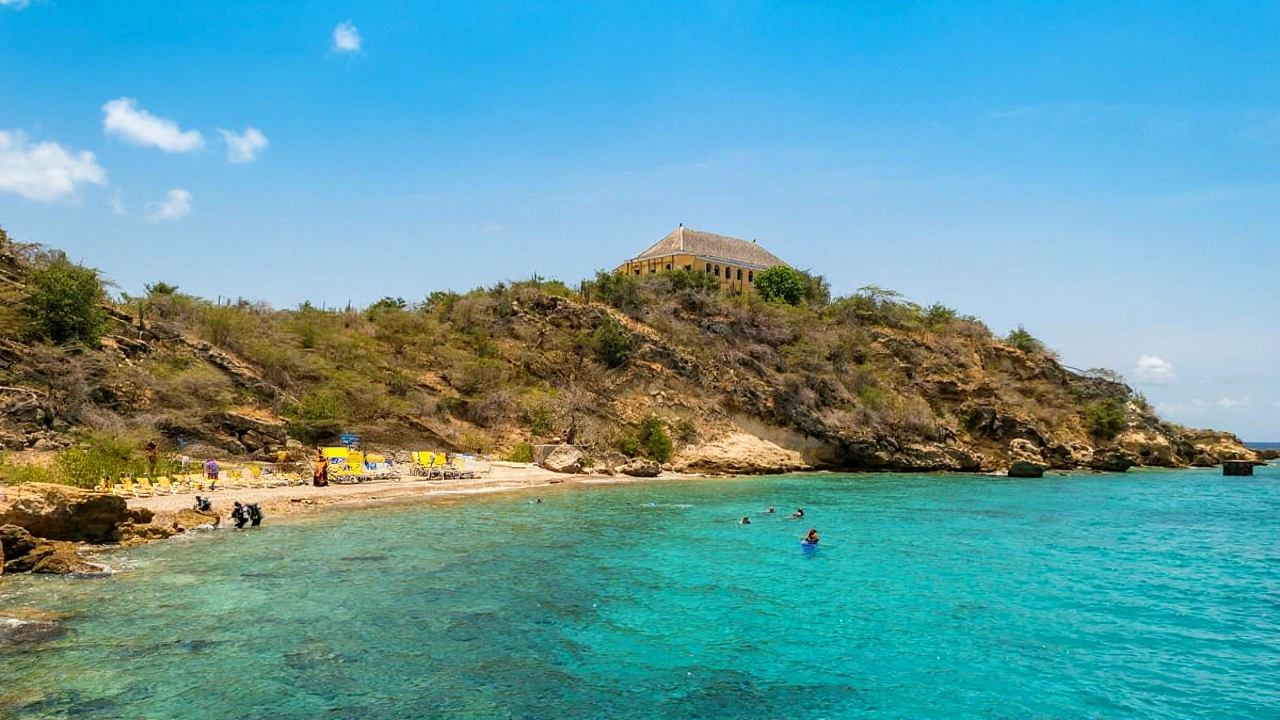
Why This Matters Beyond the Pitch
Curacao isn’t a sovereign state. It’s a constituent country within the Kingdom of the Netherlands. Its population is smaller than Grand Rapids, Michigan. Its GDP is less than some European cities. It doesn’t have a professional league. Its national team trains in a stadium that holds 10,000 people — barely enough for a local derby.
And yet, they beat nations with five times their population, ten times their budget, and global media machines behind them. This isn’t just a football story. It’s a statement: talent doesn’t need infrastructure. Passion doesn’t need sponsorship. Representation doesn’t need size.
When Cape Verde qualified in 2013, it was a miracle. When Jordan made it in 2014, it was a triumph. But Curacao? They didn’t just qualify. They rewrote the rules. The smallest nation ever to reach the World Cup — not by accident, but by design, by discipline, by refusing to accept limits.
What’s Next for the Blue Wave?
Now, Curacao must prepare for the 2026 FIFA World CupUnited States, Canada, and Mexico. They’ll face giants — likely the United States, Canada, or a South American powerhouse. They won’t have the resources. They won’t have the stars. But they’ll have something no budget can buy: belief.
Coach Jerry Akaminko, a former player who spent years coaching youth teams in Willemstad, says, “We didn’t come here to be spectators. We came to prove that football isn’t about how much you spend — it’s about how much you dare.”
Their group stage opponents aren’t drawn yet. But one thing’s certain: when Curacao takes the field, the world will watch. Not because they’re expected to win, but because they’ve already done the impossible.
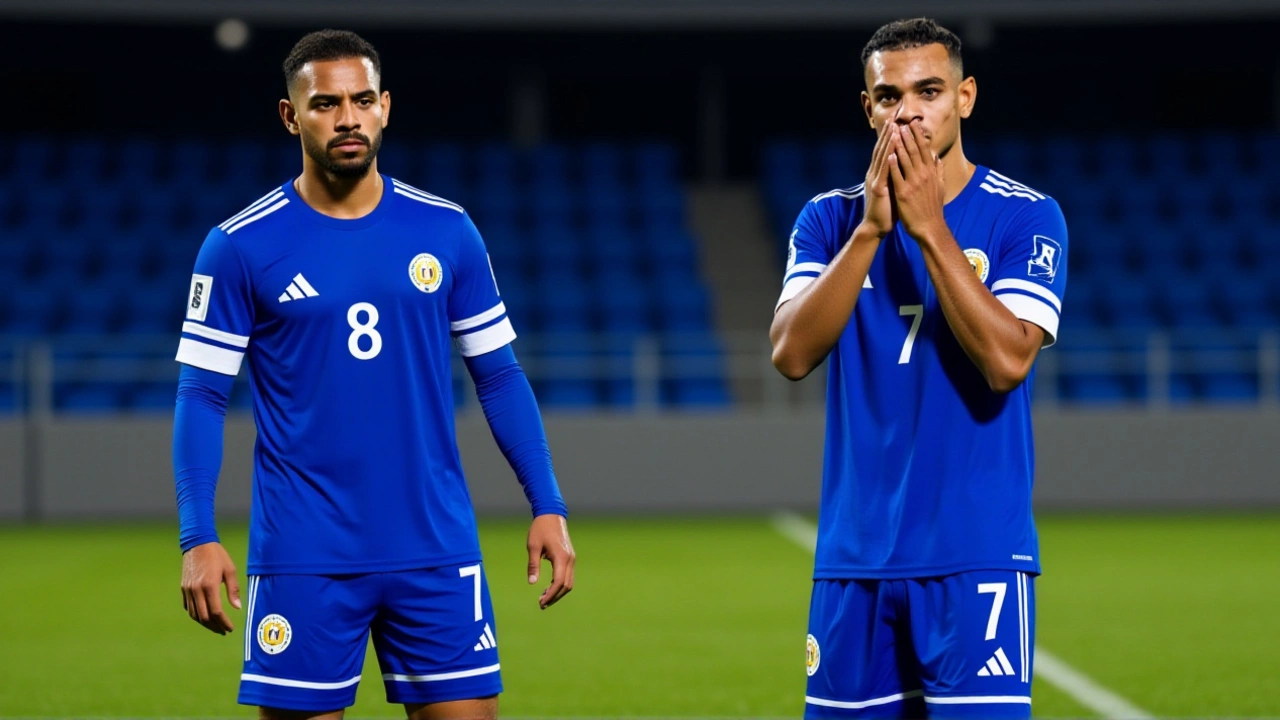
A Legacy Written in Blue
Before this, Curacao’s best World Cup result? Never qualifying. Ever. Their national team was formed in 1958. They’ve lost more than they’ve won. They’ve had players who worked construction during the week and trained at night. One of their goalkeepers, a 34-year-old named Darryl van der Molen, works as a schoolteacher. He was in the stands when Curacao won their first-ever CONCACAF Nations League match in 2019. Now, he’ll play in a World Cup.
This isn’t just a milestone for Caribbean football. It’s a challenge to every footballing nation that thinks money equals merit. Curacao didn’t need a $200 million academy. They needed unity. They needed pride. And they needed to believe — even when no one else did.
Frequently Asked Questions
How is Curacao the smallest nation ever to qualify for the World Cup?
With a population of roughly 160,000, Curacao is smaller than any other nation to ever qualify for the men’s World Cup. For comparison, Iceland (340,000) qualified in 2018, and Wales (3.1 million) in 2016 and 2022. Curacao’s size makes its achievement unprecedented — it’s like a village team beating the global giants.
Why do some reports say the match ended 0-0 in Jamaica?
The October 10 match was played in Curaçao, where they won 2-0 to clinch qualification. A later match in Kingston ended 0-0, but it was irrelevant to the standings — Curacao had already secured top spot. Confusion arose because media outlets reported on both games, but only the Willemstad result determined qualification.
Who are the key players behind Curacao’s success?
Midfielder Riechedly Bazoer, who played for Ajax and Stuttgart, provided leadership. Jayden Candelaria, a 21-year-old winger from the Dutch second division, scored the opening goal in the decisive match. Goalkeeper Kevin Felida, who plays in the Netherlands’ amateur league, made critical saves throughout the campaign. None are household names — but all are vital to the team’s identity.
How does Curacao’s qualification compare to other small nations?
Cape Verde (population 550,000) qualified in 2013, and Iceland (340,000) in 2018. Curacao’s population is less than half of Iceland’s. No smaller nation has ever qualified. Even tiny nations like San Marino and Gibraltar have never come close. Curacao’s achievement is a new benchmark in global football.
Will Curacao have a chance to win a game in the 2026 World Cup?
It’s unlikely they’ll top their group, but football is full of upsets. If they draw with a stronger team or score early, they could steal a point. Their real goal? To inspire. To show that with unity, discipline, and heart, even the smallest can stand tall on the world’s biggest stage.
What does this mean for Caribbean football?
This proves that smaller Caribbean nations can compete at the highest level. Trinidad and Tobago, Haiti, and Suriname now have a blueprint. No longer must they accept being underdogs. Curacao showed that consistency, tactical discipline, and belief matter more than budgets. The region’s football future just got brighter.

